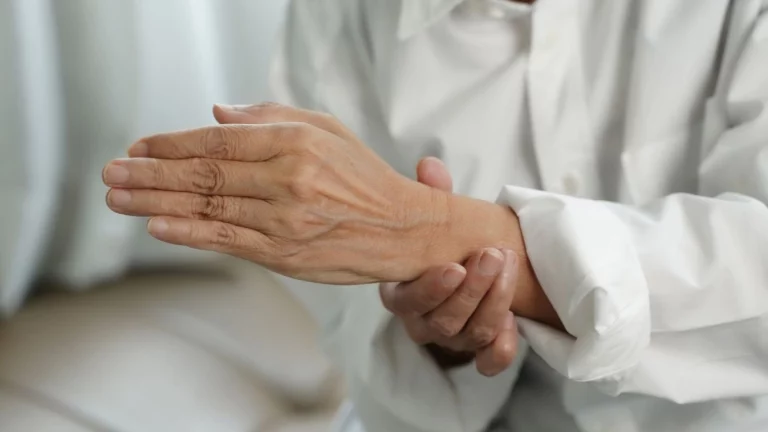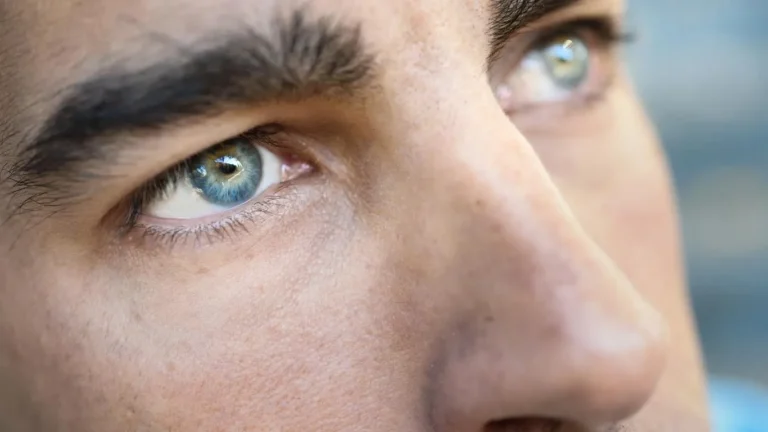High Blood Pressure Prevention Tips for Teens: Avoid This Health Risk!
High blood pressure prevention tips for teens aren’t exactly the hottest topic at the lunch table, right? But here’s the deal—hypertension isn’t just a “grown-up” issue anymore. More and more teens are seeing their blood pressure creep up, thanks to stress, screen time, junk food, and, let’s be real, a lack of movement. As a hypertension specialist, I’ve seen firsthand how early prevention can make all the difference. The good news? Making a few simple changes now can set the stage for a lifetime of healthier blood pressure and overall well-being.
Why Should Teens Care About High Blood Pressure?
Teenagers might feel invincible, but high blood pressure (or hypertension) isn’t something to ignore. While most people don’t associate it with youth, I’ve met plenty of young patients with elevated readings, and they’re often shocked. No, you won’t feel any symptoms at first, but over time, unchecked high blood pressure can lead to some serious health issues—think heart disease, stroke, and kidney damage. Yikes!
Let’s break it down: Blood pressure measures how hard your heart works to pump blood. If it’s consistently too high, your arteries and organs take a hit. The scary part? Many teens don’t realize they have high blood pressure until a routine checkup catches it.

Signs Your Blood Pressure Might Be Creeping Up
Here’s the tricky part—hypertension is often called the “silent killer” because it doesn’t always come with obvious symptoms. That said, some subtle warning signs might pop up:
- Frequent headaches
- Dizziness or lightheadedness
- Shortness of breath
- Fatigue that doesn’t go away
- Blurry vision
But let’s be real—these symptoms can be caused by a dozen different things. That’s why it’s super important to get your blood pressure checked regularly. If your numbers are creeping up, don’t panic! There are plenty of ways to bring them down naturally.
High Blood Pressure Prevention Tips for Teens
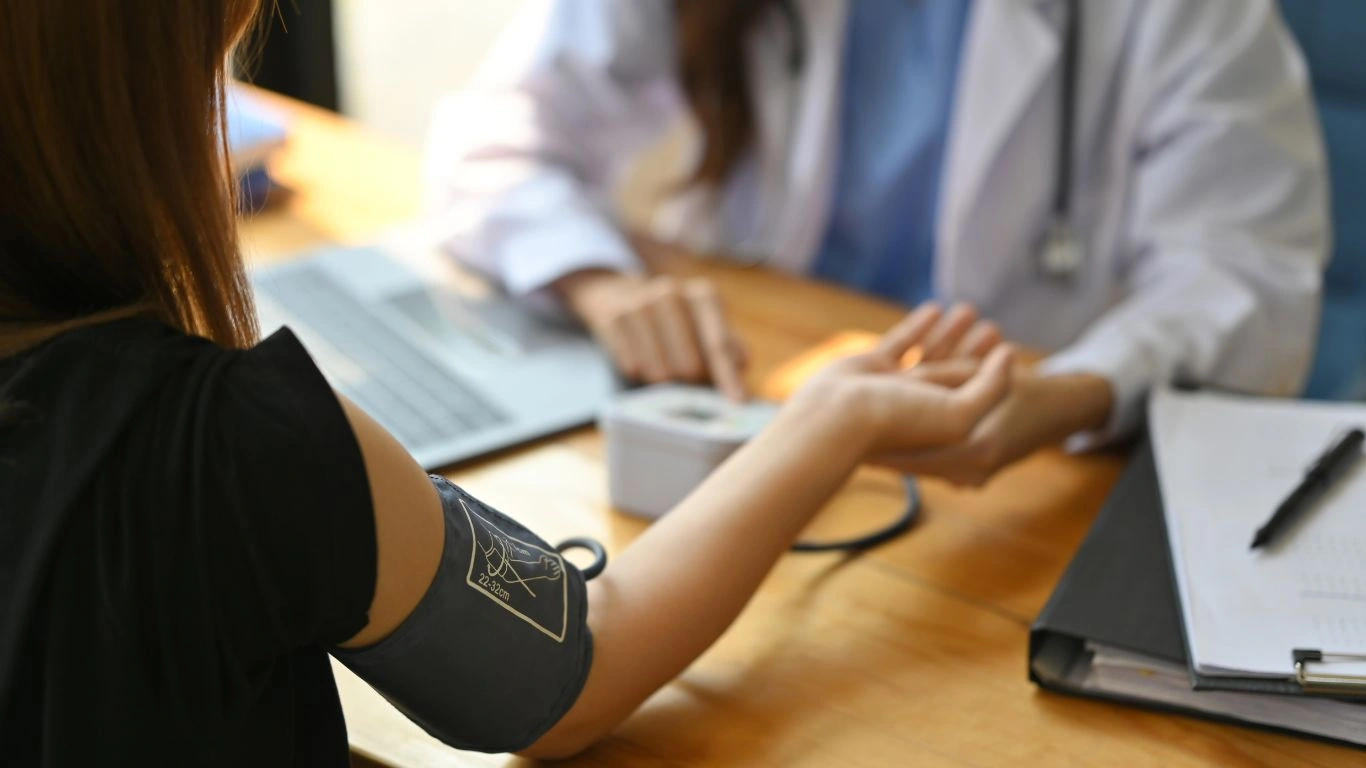
1. Move More, Sit Less
One of the biggest culprits behind rising blood pressure in teens? The dreaded screen time overload. Between schoolwork, gaming, and social media scrolling, it’s easy to spend hours sitting. The fix? Get moving! You don’t have to be an athlete to keep your blood pressure in check—just find something you enjoy:
- Take a 30-minute walk after school
- Join a dance or sports club
- Try yoga or strength training at home
- Even small things like pacing while on the phone or stretching during study breaks help!
From my experience working with teens, the trick is making movement fun and effortless. No need for hardcore workouts—just break up long periods of sitting with some activity.
2. Rethink Your Snack Game
Let’s talk food. Teenagers are notorious for grabbing whatever is quick and tasty (hello, chips and energy drinks), but those choices can directly affect blood pressure. Here’s a simple swap strategy:
- Instead of chips: Try unsalted popcorn or nuts
- Instead of soda: Go for flavored water or herbal tea
- Instead of fast food: Opt for homemade wraps or grilled options
- Instead of processed snacks: Grab fresh fruits or yogurt
The biggest enemy? Sodium overload. Most teens don’t realize how much salt is packed into their favorite foods. Too much sodium makes your body hold onto extra fluid, which raises blood pressure. A good rule of thumb? If it comes in a package and has a long ingredient list, it probably has hidden salt.
3. Stress Less, Chill More
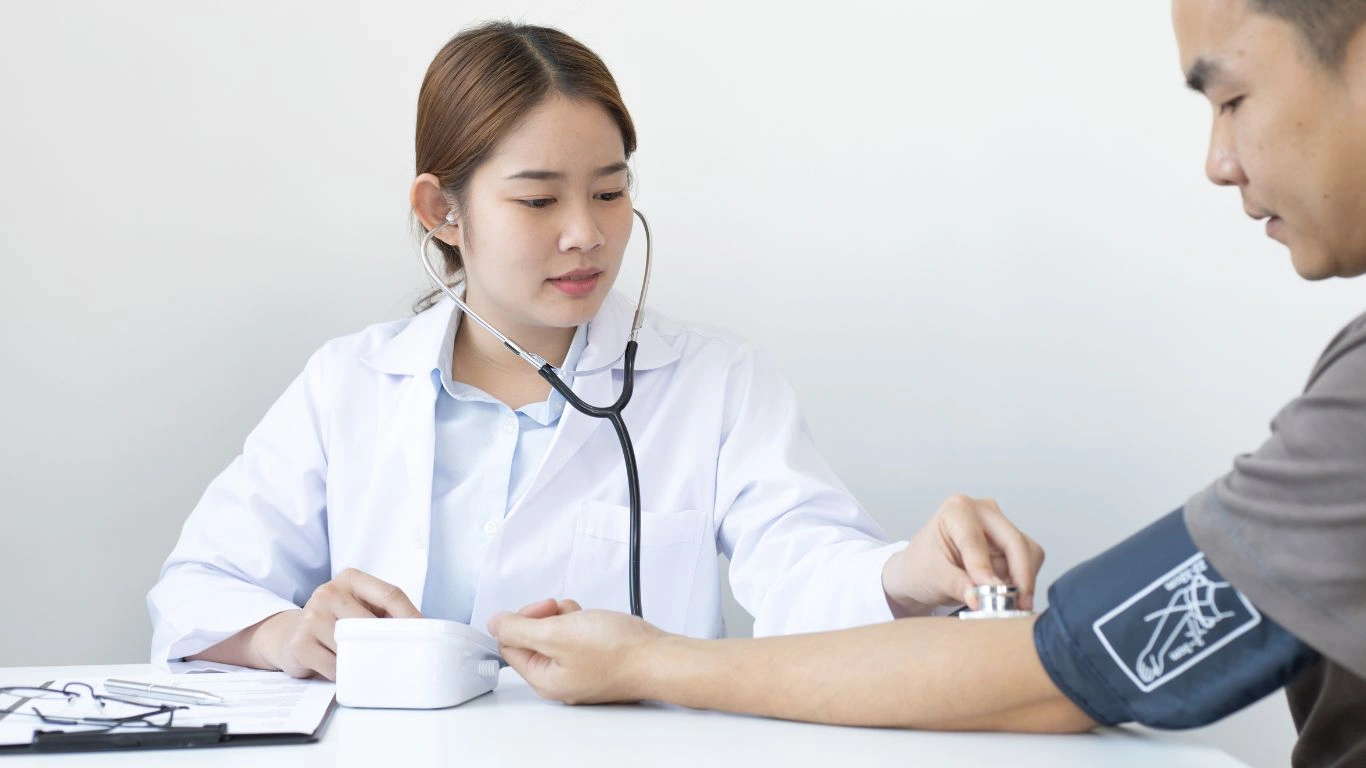
Teen life is stressful—exams, peer pressure, social media, and the constant hustle. Stress is a sneaky blood pressure booster, so finding ways to relax is key. Here are a few stress-busting techniques:
- Deep breathing: Try inhaling for four counts, holding for four, and exhaling for four
- Get enough sleep: 7-9 hours is the magic number for teens
- Unplug from screens: Reduce blue light exposure at night to improve sleep
- Try mindfulness: Meditation or journaling can help clear your mind
- Laugh more: Seriously, laughter is a natural stress reliever!
Stress management is often overlooked, but in my experience, it’s one of the easiest and most effective ways to keep blood pressure in check. Plus, who doesn’t love an excuse to take a break and relax?
4. Hydration: Your Secret Weapon for Healthy Blood Pressure
When was the last time you actually drank water—like, real water, not soda, juice, or energy drinks? If you’re like most teens I’ve worked with, chances are your hydration game could use a serious upgrade. And guess what? Staying hydrated is one of the easiest and most underrated ways to keep your blood pressure in check.

Here’s the deal: Your body needs water to keep your blood vessels relaxed and functioning properly. When you’re dehydrated, your blood thickens, forcing your heart to work harder to pump it. Over time, this can push your blood pressure up. Plus, dehydration can trick your brain into thinking you’re hungry, making you reach for salty snacks—another blood pressure no-no.
How Much Water Should You Drink?
The golden rule? Aim for about 8-10 glasses a day, but this varies depending on your activity level and climate. A simple hydration hack? Keep a reusable water bottle with you and take sips throughout the day.
If plain water isn’t your thing, try these:
- Add lemon, lime, or cucumber slices for a natural flavor boost
- Drink coconut water for a natural electrolyte boost
- Snack on water-rich foods like watermelon, oranges, and cucumbers
- Set reminders on your phone to drink water every hour
One of my teen patients was struggling with frequent headaches and fatigue. Turns out, she was barely drinking water. We made hydration a priority, and within a week, her energy improved, and—surprise—so did her blood pressure!
5. Sleep: The Overlooked Blood Pressure Fix
Sleep isn’t just about avoiding dark circles under your eyes—it’s a crucial factor in maintaining a healthy blood pressure. Yet, most teens aren’t getting nearly enough of it. Between late-night gaming, social media scrolling, and early school start times, sleep often takes a backseat. But here’s the reality: sleep deprivation can seriously spike your blood pressure.
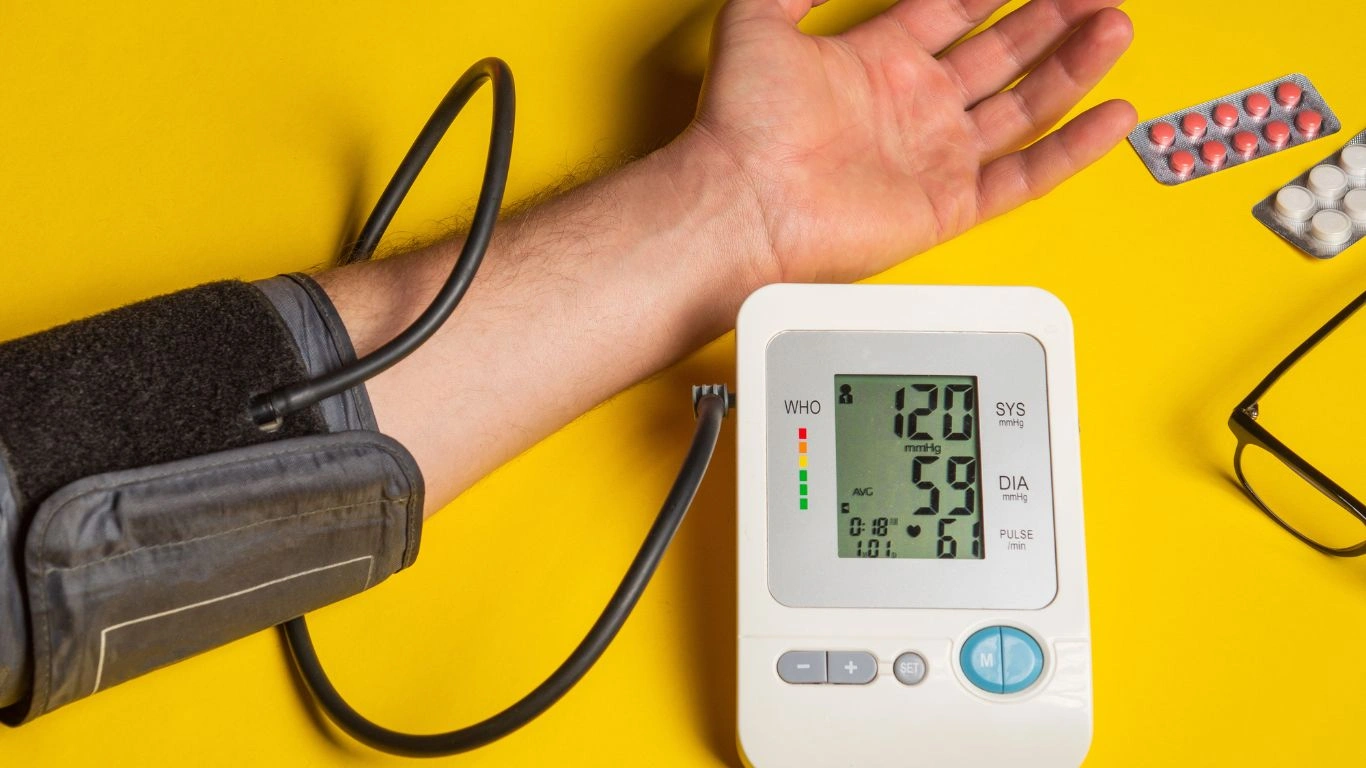
During deep sleep, your body relaxes, your heart rate slows, and your blood pressure naturally dips. But when you don’t get enough sleep, stress hormones rise, keeping your blood pressure elevated. Over time, this increases your risk of hypertension—even as a teen.
How to Improve Your Sleep Routine
If you’re surviving on 4-5 hours of sleep, it’s time for a reset. Try these simple tricks:
- Set a bedtime: Aim for at least 7-9 hours of quality sleep
- Unplug an hour before bed: The blue light from screens messes with your melatonin levels
- Make your room a sleep-friendly zone: Cool, dark, and quiet is the way to go
- Avoid caffeine in the evening: That late-night soda or energy drink is a sleep killer
- Stick to a routine: Going to bed and waking up at the same time every day helps
I had a teen patient who couldn’t figure out why his blood pressure was creeping up. Turns out, he was sleeping only 4 hours a night due to late-night gaming. Once he fixed his sleep habits, his blood pressure dropped within a few weeks.
6. Cut Back on Caffeine and Energy Drinks
Alright, I get it—teen life is exhausting, and that morning iced coffee or energy drink seems like a lifesaver. But here’s something most people don’t realize: Caffeine can temporarily spike blood pressure, and if you’re having too much of it, it could contribute to long-term issues.
Caffeine works by constricting blood vessels and increasing your heart rate. For someone with normal blood pressure, an occasional cup of coffee isn’t a huge deal. But if you’re downing multiple energy drinks a day? That’s a different story.
How Much is Too Much?
For teens, the American Academy of Pediatrics recommends no more than 100mg of caffeine per day—that’s about one small coffee. But many energy drinks contain 200-300mg per can!
If you’re looking for an energy boost without the blood pressure spike, try:
- Drinking water first thing in the morning instead of caffeine
- Eating a protein-rich breakfast for sustained energy
- Taking a short walk or stretching to wake up your body
- Switching to herbal teas or decaf options
One teen I worked with used to drink two energy drinks daily to stay awake in class. After cutting them out, not only did his blood pressure improve, but he actually felt more energized throughout the day.
Final Thoughts (For Now!)
Preventing high blood pressure as a teen doesn’t mean giving up all your favorite things—it’s about small, smart changes that add up over time. By staying active, eating smarter, managing stress, staying hydrated, and getting enough sleep, you’re setting yourself up for a healthier future.
And trust me, your heart will thank you for it.
Case Studies & Real-Life Examples
Sometimes, hearing real-life stories makes all the difference. Over the years, I’ve worked with plenty of teens who never thought high blood pressure could be a “them” problem—until it was. Let’s look at a few cases that highlight just how important prevention is.

Case Study #1: The Athlete with High Blood Pressure
Meet Jake, a 16-year-old soccer player who seemed to be in peak physical shape. He ate fairly well, trained hard, and got plenty of sleep. But when his coach did routine medical checkups, his blood pressure was through the roof. Turns out, his issue wasn’t inactivity—it was stress. The pressure to perform, constant competition, and academic stress were pushing his numbers up.
What worked for Jake? Mindfulness exercises, cutting back on caffeine, and prioritizing rest days. Within a few months, his numbers stabilized.
Case Study #2: The Junk Food Lover
Now, let’s talk about Mia, a 17-year-old with a serious love for fast food. Her idea of a balanced diet? Fries in one hand, soda in the other. When she started experiencing dizziness, she went to the doctor—and surprise, surprise, her blood pressure was dangerously high. She had no clue that excessive sodium and processed foods were taking a toll.
What worked for Mia? Small swaps! She started drinking more water, choosing lower-sodium options, and adding more whole foods to her diet. Within six months, her blood pressure improved significantly.
Key Takeaways: What You Need to Remember
Let’s sum it up—because information overload is real, and you don’t need to memorize every single detail to take action. Here are the key things to keep in mind when it comes to preventing high blood pressure as a teen:
- Move daily—even short bursts of activity help
- Reduce processed foods and watch your sodium intake
- Drink more water (seriously, stay hydrated!)
- Manage stress through relaxation techniques
- Avoid excessive caffeine and energy drinks
- Get 7-9 hours of quality sleep each night
- Keep up with routine blood pressure checkups
None of this is about being perfect. It’s about making small, sustainable changes that protect your health in the long run.
FAQs
Still have questions? You’re not alone! Here are some common questions I get from teens and parents about high blood pressure prevention.
Q: Can stress alone cause high blood pressure in teens?
A: Absolutely. Chronic stress leads to increased cortisol levels, which can elevate blood pressure over time. That’s why stress management is just as important as diet and exercise.
Q: If I don’t eat a lot of salt, do I still need to worry?
A: Yes! A lot of sodium sneaks into processed foods, fast food, and even some drinks. Reading food labels can help you avoid hidden sodium.
Q: How often should I check my blood pressure?
A: If you have no risk factors, once a year at a routine checkup is fine. But if you’re at risk (family history, obesity, poor diet), check every few months.
Q: Do genetics play a big role?
A: Yes, genetics matter, but lifestyle choices have a huge impact. Even if high blood pressure runs in your family, healthy habits can significantly reduce your risk.
Bonus: Additional Resources or DIY Tips
Want to take it a step further? Here are some extra resources and easy DIY tips to help keep your blood pressure in check.
- Try a blood pressure tracking app – Keep tabs on your readings at home.
- Experiment with homemade electrolyte drinks – Skip the sugary sports drinks and make your own with water, a pinch of salt, and a splash of citrus.
- Follow a teen-friendly meal prep guide – Plan your snacks and meals ahead of time to avoid unhealthy last-minute choices.
- Use guided meditation apps – Relaxation apps like Headspace or Calm can help with stress management.
Appendix: Table, References, Disclaimer, and Call to Action
| Risk Factor | Impact on Blood Pressure |
|---|---|
| High Sodium Diet | Causes fluid retention, increasing blood pressure |
| Stress & Anxiety | Releases hormones that raise blood pressure |
| Excessive Caffeine | Temporarily spikes blood pressure and heart rate |
| Lack of Sleep | Increases stress hormones and disrupts blood pressure regulation |
References:
For further reading, check out these reputable sources:
- Centers for Disease Control and Prevention (CDC)
- American Heart Association
- National Heart, Lung, and Blood Institute
Disclaimer:
This article is for informational purposes only and should not replace professional medical advice. If you’re experiencing symptoms or have concerns about your blood pressure, consult a healthcare provider.
Final Thoughts: Take Control of Your Health
Preventing high blood pressure as a teen is totally doable with small, consistent changes. You don’t need to overhaul your life overnight—just start with one or two simple tweaks.
Whether it’s swapping out a salty snack, cutting back on caffeine, or making time for daily movement, every step counts. Your future self will thank you for taking care of your heart right now.
Got questions? Drop them in the comments below or share this with a friend who needs to see it!

Dr. Gwenna Aazee is a board-certified Internal Medicine Physician with a special focus on hypertension management, chronic disease prevention, and patient education. With years of experience in both clinical practice and medical writing, she’s passionate about turning evidence-based medicine into accessible, actionable advice. Through her work at Healthusias.com, Dr. Aazee empowers readers to take charge of their health with confidence and clarity. Off the clock, she enjoys deep dives into nutrition research, long walks with her rescue pup, and simplifying medical jargon one article at a time.






